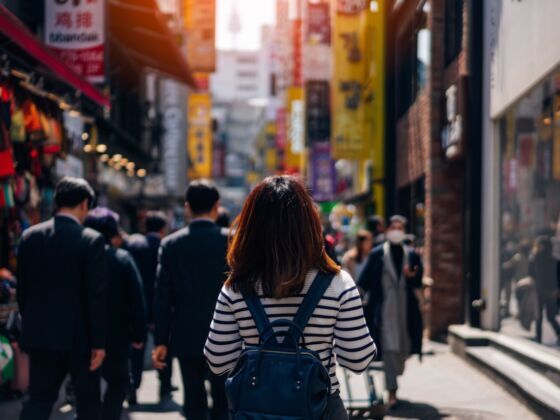Travel guides on South Korea prepared me for a new language, currency, and weather. But no one prepared me for washing my hands. After having conquered my first public restroom experience in Seoul, I walked up to the sink.
“No soap?” I thought. I saw only a blue air-freshener on a metal rod.
A woman exited a stall and stood next to me. She wet her hands, phallically caressed the blue oval until it was sudsy, and rubbed her hands together.
It was soap.
I was intrigued and horrified. Can germs collect on soap? How many people per day touch that bar? Why is it on a metal rod? From then on, I kept a pocket-sized hand sanitizer in my purse. There are worse things in life than a community soap bar. But I was taken back — how had I not read about this in any of the travel books, articles, or blogs leading up to my trip?
Soap on a stick was my first surprise, but in the year and a half I’ve been living in Seoul, there’s been plenty more. If you’re going to South Korea and you aren’t a fan of surprises, check out my list of things I wish someone would’ve told me, first.
